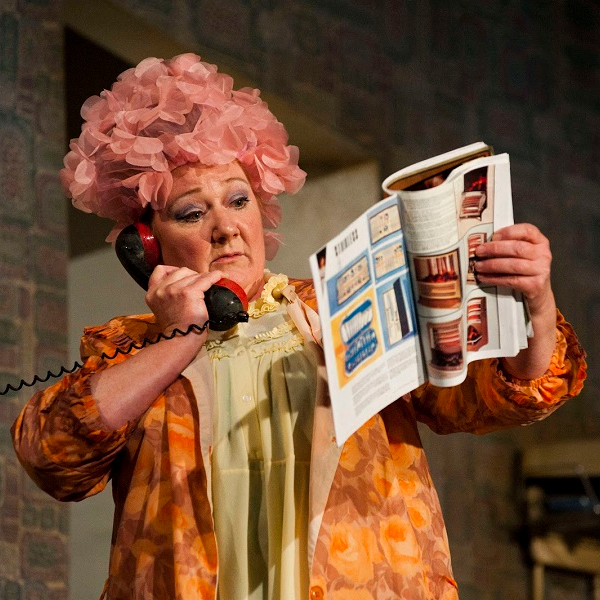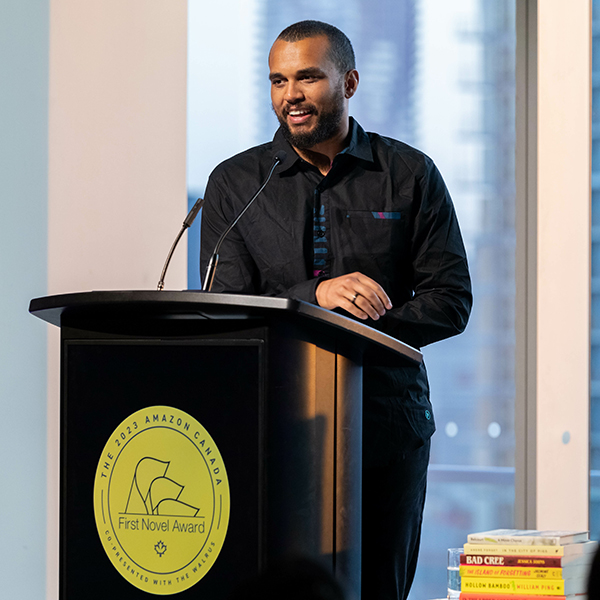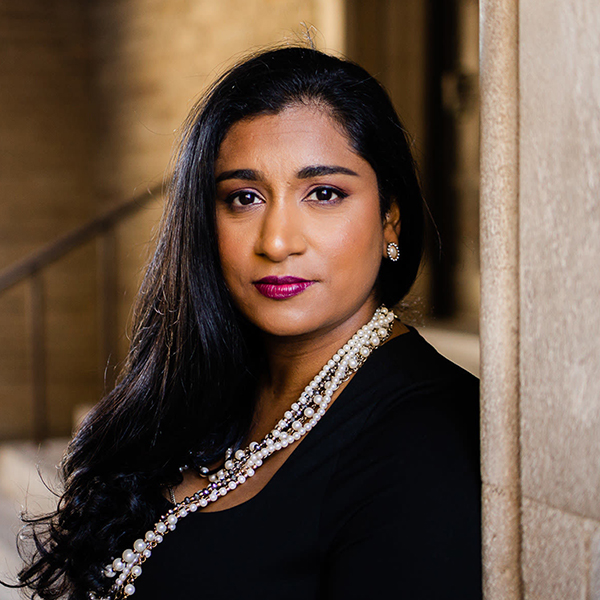Summer is officially here. The days are longer, the weather is warmer, and the urgent “Get this done ASAP!” e-mails from the boss are (hopefully) in sharp decline. Whether you’ll soon be sitting on a beach towel in Jamaica or on a picnic bench in Jeanne-Mance Park, a good book always makes for excellent company. As you put together your summer reading list, here are a few possibilities, all published in recent months by McGill alumni authors.
Gold’s Rounds: Medicine, McGill, and Growing Up Jewish in Montreal (McGill-Queen’s University Press) by Phil Gold, BSc’57, MDCM’61, MSc’61, PhD’65
If, as a student, you were adventurous enough to wander outside the confines of the McGill Ghetto, you likely ended up in the Plateau, dominated by St-Laurent Boulevard, aka The Main. For those who may be curious as to what life in the now trendy Montreal neighbourhood was like before your university days, Gold’s Rounds, a memoir by Dr. Phil Gold, offers a peek back in time.
Born in Montreal to Polish immigrants, Gold’s formative years unfolded within the neighbourhood’s tight-knit Jewish community. “The Main symbolically divided the island’s two main cultural groups: the French, or francophone, majority in the east and the English, or anglophone, minority in the west,” writes Gold. “Clustered in the middle were Jewish immigrants like us, our households rising along its length like doughy braids of challah. You knew everybody and everyone knew you.”
He remembers when ice and milk were delivered by horse and buggy and a movie ticket cost 25 cents; he also recalls the constant fear of polio, rampant antisemitism, and how so many families – his included – lost loved ones in the Holocaust.
The memoir also details his studies at McGill, his distinguished career as a medical researcher here, and the truly groundbreaking work that led to his discovery of carcinoembryonic antigen (CEA), a protein that indicates the presence of cancer. His achievements have earned him more honours and distinctions than can be listed here (he was inducted into the Canadian Medical Hall of Fame for one), and much of his work has been affiliated with McGill: the Faculty of Medicine and Health Sciences, the McGill University Health Centre, and the Goodman Cancer Institute. Yet Gold is clearly most proud of his family – the relatives he grew up with, his wife Evelyn, and their children and grandchildren. “[My] book is my attempt to express how lucky I have been. My cup runneth over.”
Stephanie Wereley
In the Upper Country (Viking) by Kai Thomas, BA’16
In the acknowledgements of his novel In the Upper Country, a finalist for the 2023 Amazon Canada First Novel Award, Kai Thomas writes to historian Peter Meyler, “My gratitude to you is gratitude to all those who do the sacred, quiet work of bringing forgotten history to light.”
Thomas could as easily be speaking of his own absorbing debut novel, an achievement that evokes a literary kinship with Edward P. Jones’s Pulitzer-Prize winning novel The Known World, which tells the story of a slave-turned-slaveowner in a fictional southern town. Like Jones’s novel, In the Upper Country mines the annals of “forgotten” Black history – specifically, the nuanced relationships between Black and Indigenous peoples in the years before and after slavery was abolished in British North America – to conjure a world that is richly imagined, unflinching, and intricate in its humanity.
At the centre of the novel is an old woman who flees slavery in Kentucky and murders a slave hunter, an act that threatens the fragile peace enjoyed by the all-Black Canadian town of Dunmore that has taken her in. When a young Black writer, Lensinda Marten, is sent to document the old woman’s story “to make something out of all this mess”, the old woman demands “a tale for a tale”. The women’s exchange of stories gradually reveals the twisting path of the old woman’s life in and out of bondage, her story intertwining inevitably with Lensinda’s own.
In Thomas’s novel, freedom is tenuous, and its price is nearly always violence. As the old woman tells Lensinda, “Freedom, you can’t get and bury, and keep it and keep it so it won’t ever go away. No, child. You got to swing your freedom like a club.”
Readers will find no easy resolution to the events of the novel, but for Thomas and his characters, the act of storytelling itself offers a path to redemption.
Sara Brown
Hand on my Heart: A Canadian Doctor’s Awakening in Afghanistan (Caitlin Press) by Maureen Mayhew, BSc’82, MDCM’86
In 2000, Dr. Maureen Mayhew was on her way to Afghanistan to take up her first posting with Médicins Sans Frontières (MSF). With more than 12 years of experience – much of it working in rural and remote clinics and hospitals across Canada – the intrepid McGill medical graduate was ready for her next adventure.
Mayhew’s nine-month stint working as a medical lead in a partially bombed-out clinic in a remote province of Afghanistan proved to be a life-changing experience.
“When I let go of my preconceived notions and opened myself to what was, Afghans demonstrated a level of commitment and a sense of belonging to their communities that was inconceivable to a nomad like me,” she writes in her captivating memoir Hand on my Heart: A Canadian Doctor’s Awakening in Afghanistan.
The book offers a fascinating account of the many challenges Mayhew faced, both as a physician and as a woman. Eager to embrace the Afghan culture, she learned to converse in Dari, an Afghan language related to Persian. This opened her up to the warmth and openheartedness of the Afghans she met. She would ultimately return to Afghanistan with MSF eight more times.
Through her memoir’s engaging text and evocative photos, Mayhew describes the trials and tribulations of working in a country where phones, the internet and televisions didn’t exist and where everyone but MSF workers and the Taliban travelled on foot or by animal.
Reading about her adventures, I was awed by Mayhew’s fearlessness and impressed by her creative approach to treating her vulnerable female patients. She managed to get around the strict religious rules prohibiting the discussion of contraception by identifying a passage in the Quran that spoke of “birth spacing” as acceptable because it helped to produce healthy babies.
On later visits to Afghanistan, Mayhew was involved with other facets of health care such as building remote clinics, training midwives and doctors, and eventually developing national maternal and child health strategies and policies.
Sadly, the return of Taliban rule in 2021 erased many of these advances.
Linda Sutherland
Chrysalis (House of Anansi Press) by Anuja Varghese, BA’05
Anuja Varghese wrote this, her first book, for “the girls and women who don’t see themselves in most stories”. The execution of this dedication is an expansive set of short stories mostly centred on South Asian diaspora women and girls in the greater Toronto area.
It’s evident Varghese knows the environs well and she makes great use of the geography, much as one character describes it: “a blank slate on which to write our story, fertile ground to plant fresh seeds and watch them grow.”
Many of the characters are in conflict with the narratives they’ve been given and are “rejecting… the script, the frame, the story, the end.” This rejection is generative, and other, new stories emerge, sometimes with magical or gothic elements that give them a fable feel, but without the simple moral. What’s nefarious is often nearby or barely hidden, and the stories showcase the gestures and acts women make in the face of injustice – some imagined, some real.
One character understands that love “expanded when you needed it to,” and Varghese’s love for her characters and the women she writes for expands in her stories, allowing her to address issues like homophobia, bullying, racism and domestic violence. In settings that range from a haunted farm to a racist corporate hellscape, she brings true horrors to the page and to readers’ attention, whether it’s suffocating everyday racism, the murder of gay women in India, or the pain of giving up a child.
Still, it’s not all duplicitous lovers and murder. Other times the stories, or at least moments in them, are playful, funny, joyful. “Find me, I whispered into the air, into imagined ears and the fragrant, neon night. Find me and together we’ll write something new.”
Vanessa Bonneau
The Eden Test (Flatiron Books) by Adam Sternbergh, BA’93
As the latest twisty thriller from Adam Sternbergh (Shovel Ready, The Blinds) begins, Daisy and Craig both realize that their marriage is in jeopardy – and they respond to that in very different ways.
For their anniversary, Daisy surprises Craig by enrolling them in the Eden Test, a weeklong retreat in the remote woods of upstate New York for a program that was carefully designed to jump-start faltering relationships.
The timing is lousy. As he drives to meet her at a cabin there, Craig is getting ready to drop a bombshell. He is leaving Daisy for another woman.
Things don’t go according to plan and Craig soon finds himself remembering all the things that drew him to Daisy in the first place. For her part, Daisy has a few more big surprises in store for Craig, including one that involves a dark secret from her past.
As the couple tentatively rekindle their romance, they have to deal with some strange and menacing intrusions. They’ve been warned that some of the nearby town folks aren’t fond of the “citiots” (city idiots) who visit to take part in the Eden Test. Is that what’s going on, or is it related to the Eden Test itself? Or to Daisy’s traumatic past?
The Eden Test throws plenty of curveballs at its readers, and while one plot point in particular felt a little forced to me, I never stopped turning the pages, anxious to find out how everything would play out in the end.
Daniel McCabe, BA’89
Purposeful Empathy: Tapping Our Hidden Superpower for Personal, Organizational and Social Change (Broadleaf Books) by Anita Nowak, BCom’97, PhD’11
In her new book, Anita Nowak takes a deep dive into what she considers the most powerful emotional force after love. Nowak knows a lot about empathy. Her McGill doctoral thesis revolved around it, and for more than a decade, Nowak writes that she has been “singularly focused on how to leverage empathy on purpose.”
When we empathize, we reap personal happiness and health benefits. One physiological effect that Nowak cites is that we release the feel-good hormone serotonin as well as endorphins.
Moreover, organizations with empathic cultures “win big”, maintains Nowak, an adjunct lecturer at McGill’s Desautels Faculty of Management. In one chapter, she presents six organizations that have embraced empathy and what that looks like in each instance, from a consumer goods giant to a film production company and a snack bar business.
Unfortunately, sustained empathic action isn’t a constant in our daily lives, writes Nowak, who points to purposeful empathy to create positive change.
Her book offers opportunities for deep reflection on being intentionally empathic. Each chapter concludes with a list of “purposeful empathy practices”. You can even take empathy tests – Nowak provides references to three such tests – to discover how you’re doing in that department.
Nowak describes Purposeful Empathy as a “hopeful book that argues that a better future lies ahead providing that we flex our empathy muscles.” Her book may well inspire readers to do just that.
Brenda Branswell


